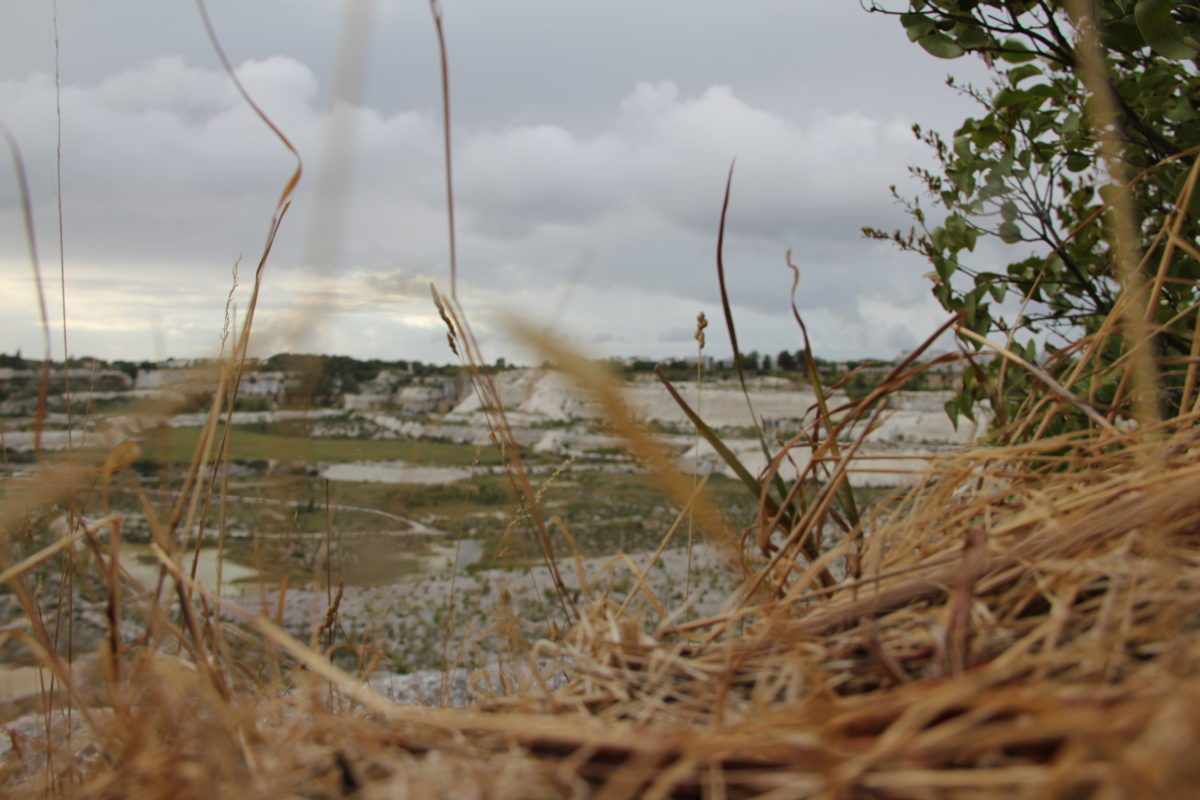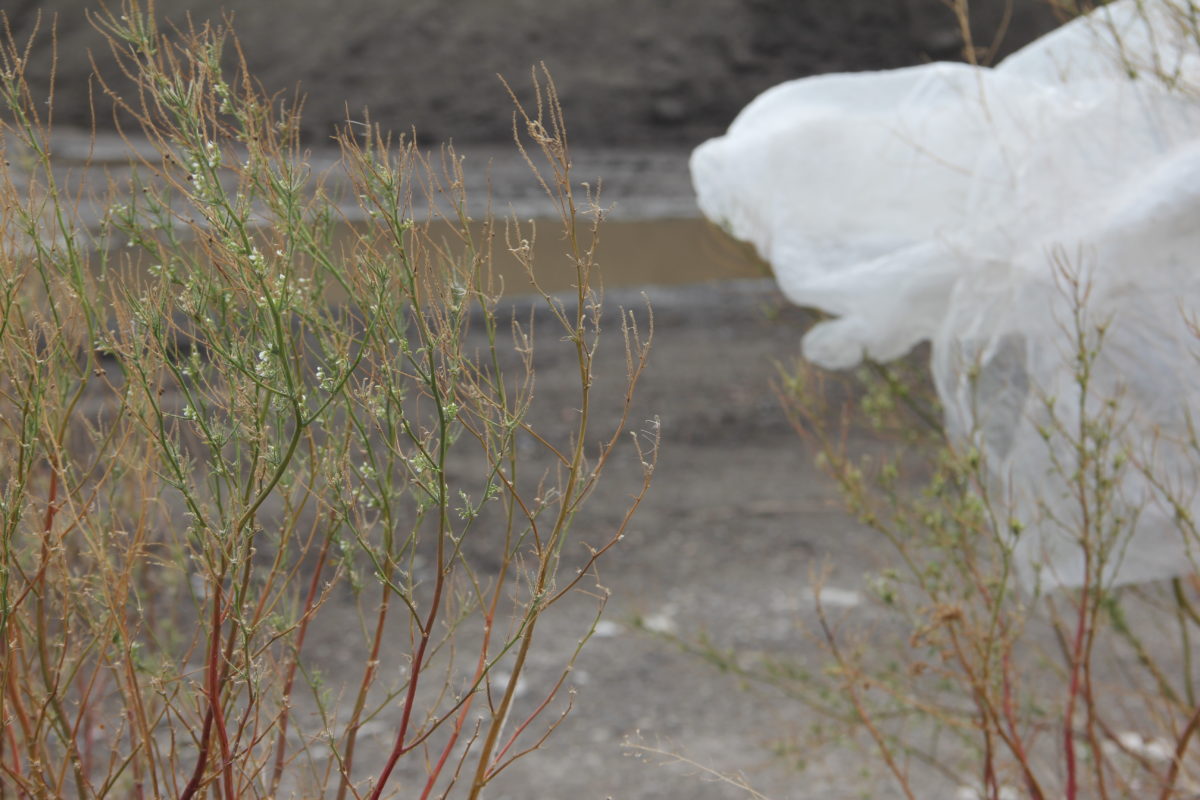Antti Salminen & Saara Hannula
Antti Salminen is a writer, researcher, and editor. His literary works include Energia ja kokemus (Energy and Experience, w/ Tere Vadén), Kokeellisuudesta (On Experimentalism, 2015), Elo ja anergia (Life and Anergy, 2018, w/ Tere Vadén), the experimental novel Lomonosovin moottori (Lomonosov Engine, 2014) and its stand-alone sequel Mir (2019). In his writing, he experiments with nonlinear and fragmentary poetics that question the structures and topoi of contemporary speculative fiction. His research fuses energy studies with posthuman perspectives, artistic and political experimental traditions and creative writing. During the past years, he has specialised in post-fossil theory, contemporary experimentalism(s) and environmental philosophy.
Saara Hannula is a Helsinki-based artist and researcher. In the past decade, her artistic practice has consisted of perennial, collaborative, and context-specific research processes that manifest in the form of site-sensitive events and installations as well as workshops, expositions, and publications. Her recent work is concerned with the energetics, materiality, and processuality of postnatural environments, and the practices and politics of land use. She is currently a a doctoral candidate at the Performing Arts Research Center, Theatre Academy of the University of the Arts Helsinki.
Antti Salminen & Saara Hannula are on a 11-month residency at HIAP in the frame of the three-year collaborative project Post-Fossil Transition, realised in partnership with Mustarinda. The project is supported by KONE Foundation.
During the residency, we hope to develop new forms of collaboration that build on both of our practices. Our shared work and research focuses on the experiential and conceptual reverberations of the ongoing rupture of fossil modernity. Rather than building on anthropocentric narratives or resource-oriented scenarios, we approach post-fossil forms of life from posthuman, decolonial, and ancestral perspectives that are sensitive to the specificity and multiplicity of local experiences and knowledges, and that acknowledge the irreversibility of the traces that fossil-driven capitalism and colonialism have left on Northern land areas.
In practice, we will work on a range of artworks and research projects, including an experimental novel, a series of site-sensitive performance installations, an essay collection, and a small handbook of post-fossil practices, and organize a set of events and discussions. Our work will happen in constant dialogue with other artists, curators, researchers, and collectives focusing on ecological and energy-related questions.


